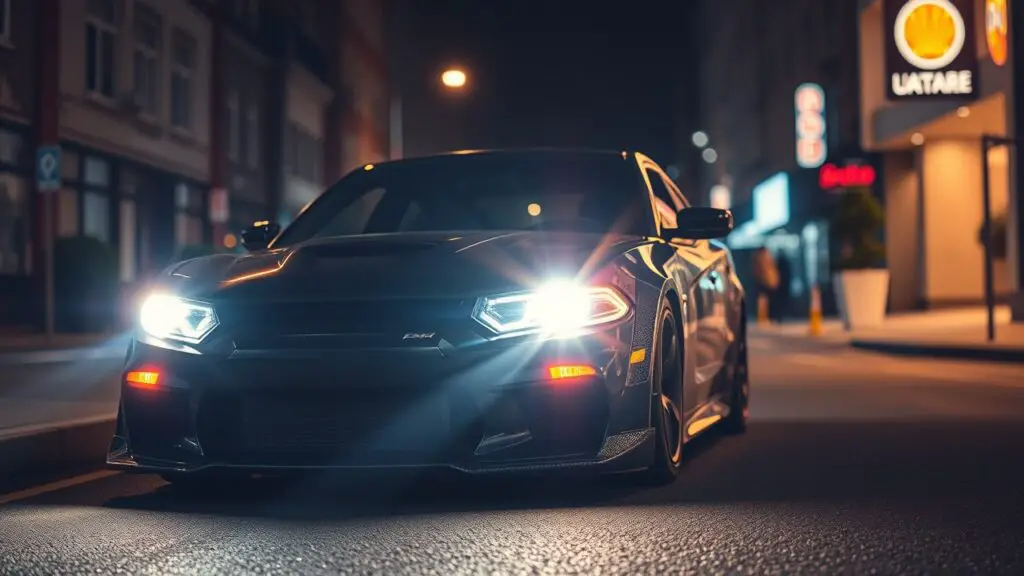
In the ever-evolving landscape of lighting technology, the debate between neon and traditional halogen lights continues to capture the attention of consumers and industry professionals alike.
Both lighting options have their own unique characteristics, advantages, and drawbacks, making the choice between them a matter of specific needs and preferences.
Whether you’re illuminating a commercial space, enhancing your home’s ambiance, or creating eye-catching signage, understanding the differences between neon and traditional halogen lights is crucial for making an informed decision.
In this blog post, we will delve into the key aspects of neon vs. traditional halogen, exploring their performance, energy efficiency, lifespan, and aesthetic appeal to help you determine which lighting solution best suits your requirements.
Contents
Durability and Longevity: Pros and Cons of Neon vs Traditional Halogen Lights
Neon lights are known for their long lifespan, often lasting up to 50,000 hours or more. This means that vehicle owners will spend less time and money replacing burnt-out bulbs, making neon lights a more cost-effective option in the long run.
On the other hand, traditional halogen lights have a shorter lifespan, typically lasting around 1,000 hours.
This means that vehicle owners will need to replace halogen bulbs more frequently, resulting in higher maintenance costs over time.
Durability and Resistance
Additionally, neon lights are more resistant to vibrations and shocks, making them a more durable option for off-road or heavy-duty vehicles.
Halogen lights, on the other hand, are more susceptible to damage from vibrations and shocks, making them a less durable option for vehicles that are frequently driven on rough terrain.
Drawbacks and Limitations
While neon lights have a clear advantage in terms of longevity and durability, they do have some drawbacks.
Neon lights are more sensitive to temperature changes, which can affect their performance in extreme weather conditions.
Neon lights are also more likely to break when they come in contact with water and moisture, which makes them a worse choice for cars that are often outside.
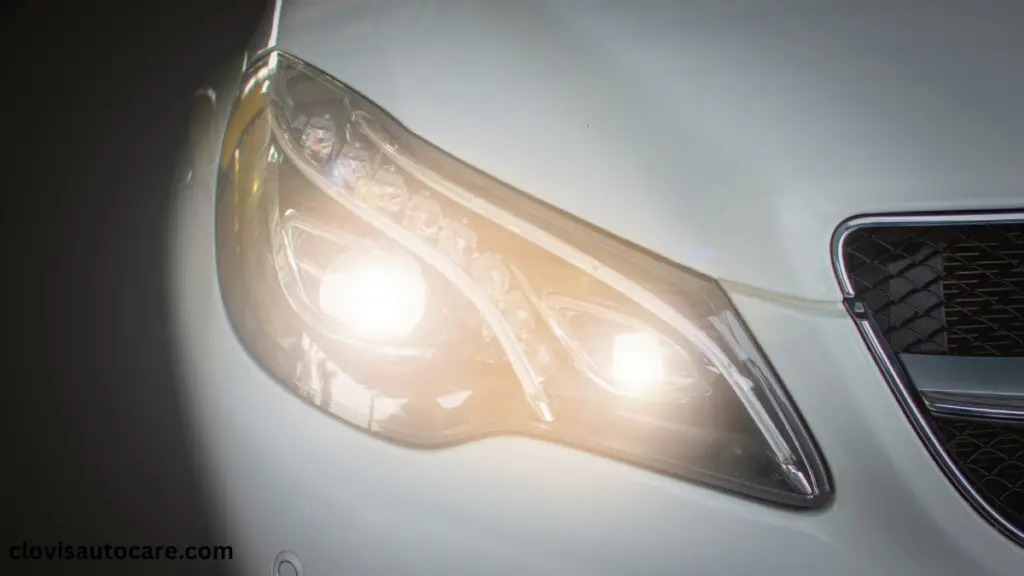
Brightness and Visibility: How Neon and Halogen Lights Compare
When it comes to brightness and visibility, both neon and halogen lights have their own set of advantages and disadvantages.
Neon lights are known for their bright and vibrant colors, making them a popular choice for vehicle owners looking to customize their lighting.
Additionally, neon lights produce a more even and consistent light output, resulting in improved visibility on the road.
On the other hand, traditional halogen lights are known for their intense and focused beam of light, making them a more suitable option for vehicles that require long-range visibility.
Additionally, halogen lights produce a whiter light that closely resembles natural daylight, making them a more comfortable option for nighttime driving.
While both neon and halogen lights offer their unique benefits in terms of brightness and visibility, it’s important to consider the specific needs of your vehicle when choosing between the two options.
For those looking for vibrant colors and improved visibility, neon lights may be the better choice.
However, for those looking for intense and focused light output, halogen lights may be the more suitable option.
Overall, when it comes to brightness and visibility, both neon and halogen lights offer their own set of advantages, making it important for vehicle owners to carefully consider their specific needs before making a decision.
Cost and Maintenance: Evaluating the Financial Impact of Neon vs Halogen Lights
| Comparison | Neon | Traditional Halogen |
|---|---|---|
| Brightness | High | Medium |
| Energy Efficiency | High | Low |
| Longevity | Long-lasting | Shorter lifespan |
| Color Options | Wide range | Limited |
| Heat Emission | Low | High |
When it comes to cost and maintenance, neon lights have a clear advantage over traditional halogen lights. Neon lights have a longer lifespan and lower energy consumption than halogen lights, resulting in lower maintenance costs over time.
Additionally, neon lights are more resistant to damage from vibrations and shocks, reducing the likelihood of costly repairs or replacements.
On the other hand, traditional halogen lights have a shorter lifespan and higher energy consumption, resulting in higher maintenance costs over time.
Additionally, halogen lights are more susceptible to damage from vibrations and shocks, increasing the likelihood of costly repairs or replacements.
In addition to lower maintenance costs, neon lights also have a lower initial cost compared to traditional halogen lights.
This means that vehicle owners can save money upfront by choosing neon lights over halogen lights.
Additionally, the longer lifespan of neon lights means that vehicle owners will spend less money replacing burnt-out bulbs over time.
Overall, when it comes to cost and maintenance, neon lights offer a more cost-effective option for vehicle owners looking to reduce their overall expenses.
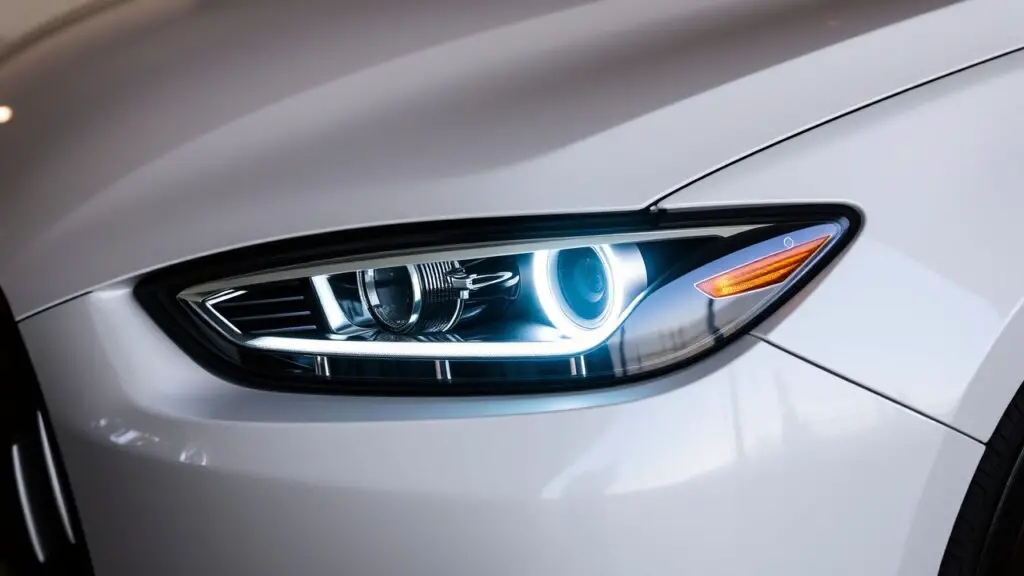
Environmental Impact: Assessing the Eco-Friendliness of Neon and Halogen Lights
When it comes to environmental impact, neon lights have a clear advantage over traditional halogen lights.
Neon lights use significantly less energy than halogen lights, resulting in lower greenhouse gas emissions and reduced strain on the vehicle’s electrical system.
Additionally, the longer lifespan of neon lights means that fewer bulbs end up in landfills, reducing overall waste.
On the other hand, traditional halogen lights have a higher energy consumption and shorter lifespan, resulting in higher greenhouse gas emissions and increased waste.
In addition to their lower environmental impact, neon lights also offer a more eco-friendly option for vehicle owners looking to reduce their carbon footprint.
The lower energy consumption of neon lights can lead to improved fuel efficiency, further reducing greenhouse gas emissions.
Additionally, the longer lifespan of neon lights means that fewer resources are used in manufacturing and replacing bulbs over time.
Overall, when it comes to environmental impact, neon lights offer a more sustainable option for vehicle owners looking to reduce their overall environmental footprint.
Installation and Compatibility: Considerations for Upgrading to Neon or Halogen Lights
Neon headlights are generally easier to install than traditional halogen lights, often requiring minimal modifications to the vehicle’s electrical system.
Additionally, neon lights are available in a wide range of sizes and shapes, making them compatible with most vehicles on the market.
Halogen Lights: More Complex Installation and Limited Compatibility
On the other hand, traditional halogen lights may require more extensive modifications to the vehicle’s electrical system, depending on the specific make and model of the vehicle.
Additionally, halogen lights may be less compatible with certain vehicles due to their size and shape.
Choosing the Right Option for Your Vehicle
For those looking for an easy installation process and a wide compatibility range, neon lights may be the better choice.
However, for those looking for a specific size or shape of light that may not be available in neon options, halogen lights may be the more suitable option.
Overall, when it comes to installation and compatibility, both neon and halogen lights offer their own set of considerations that should be carefully evaluated before making a decision.
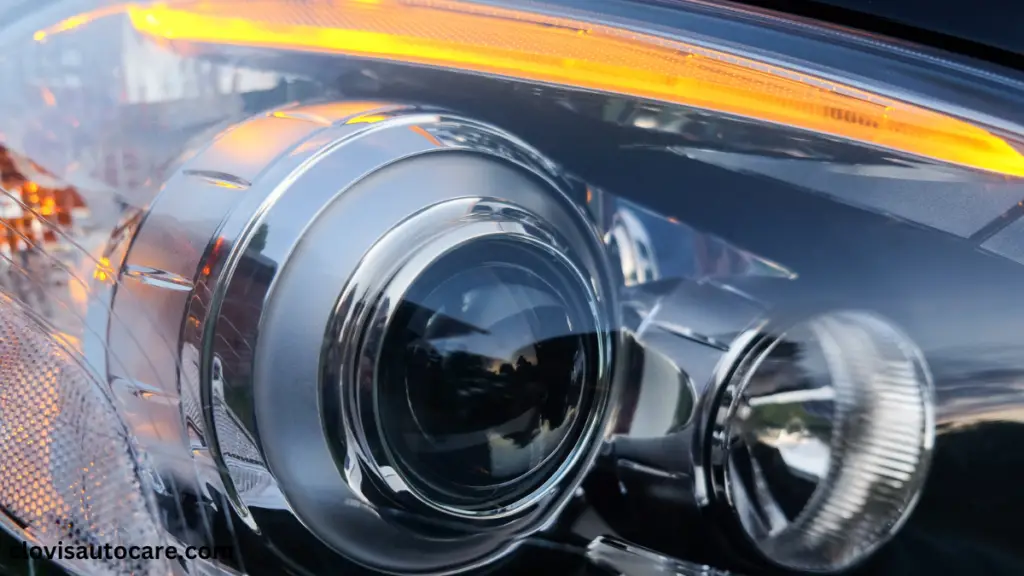
Personal Preference: Factors to Consider When Choosing Between Neon and Halogen Lights
When it comes to personal preference, there are several factors that vehicle owners should consider when choosing between neon and halogen lights.
One of the most important factors is the specific needs of the vehicle in terms of brightness and visibility.
For those looking for vibrant colors and improved visibility, neon lights may be the better choice.
However, for those looking for intense and focused light output, halogen lights may be the more suitable option.
Another important factor to consider is the overall cost and maintenance requirements of each lighting option.
Neon lights offer lower maintenance costs and a longer lifespan than halogen lights, making them a more cost-effective option in the long run.
Additionally, the lower initial cost of neon lights can save vehicle owners money upfront compared to traditional halogen lights.
Finally, personal style and customization options should also be taken into account when choosing between neon and halogen lights.
Neon lights are available in a wide range of colors and shapes, making them a popular choice for vehicle owners looking to customize their lighting.
On the other hand, traditional halogen lights may offer fewer customization options but may be more suitable for those looking for a specific size or shape of light.
Overall, when it comes to personal preference, there are several factors that should be carefully considered before making a decision between neon and halogen lights.
By evaluating specific needs in terms of brightness and visibility, cost and maintenance requirements, as well as personal style preferences, vehicle owners can make an informed decision that best suits their individual needs.
conclusion
When comparing neon vs traditional halogen lights for your vehicle, there are several important factors to consider before making a decision.
From energy efficiency and durability to brightness and visibility, cost and maintenance requirements, as well as environmental impact and personal preference, each lighting option offers its own set of advantages and disadvantages that should be carefully evaluated before making a decision.
Ultimately, the best choice between neon and traditional halogen lights will depend on your specific needs as a vehicle owner.
By carefully considering each factor outlined in this article—from energy efficiency to personal preference—you can make an informed decision that best suits your individual needs as well as your vehicle’s requirements.
Whether you’re looking for a more environmentally friendly option or seeking improved visibility on the road, taking into account these important factors will help you make the best choice between neon vs traditional halogen lights for your vehicle.
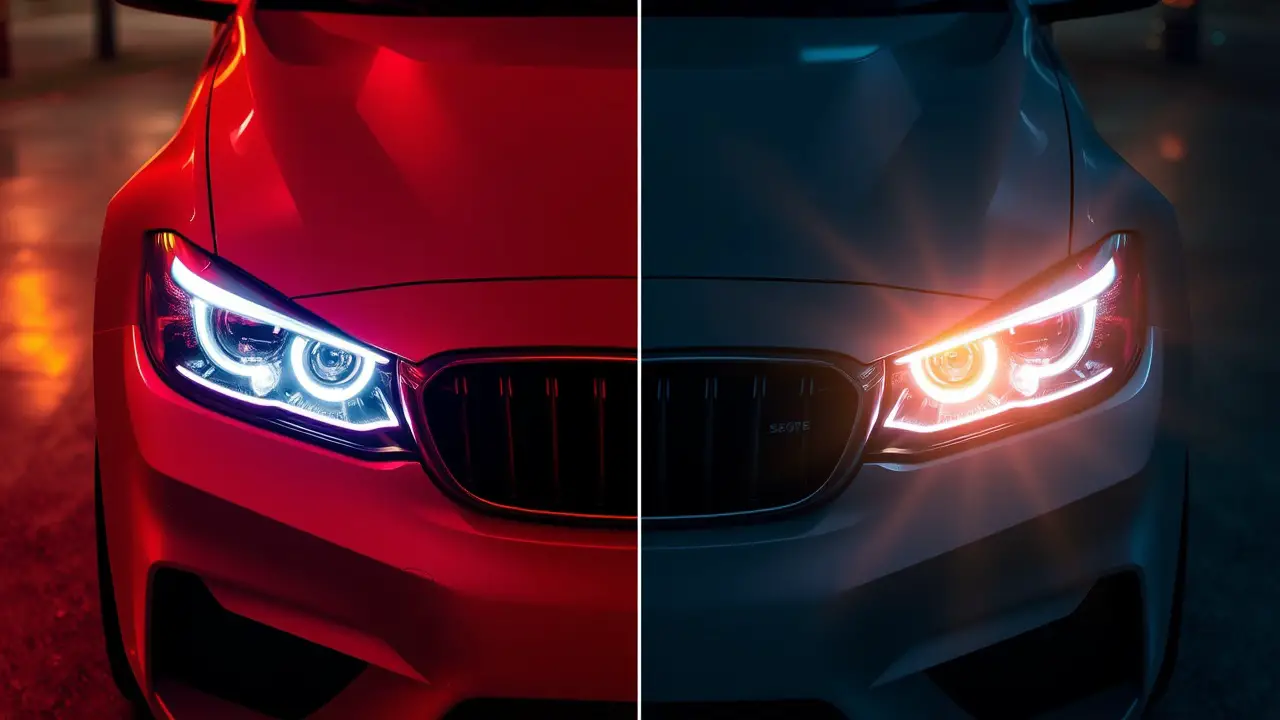
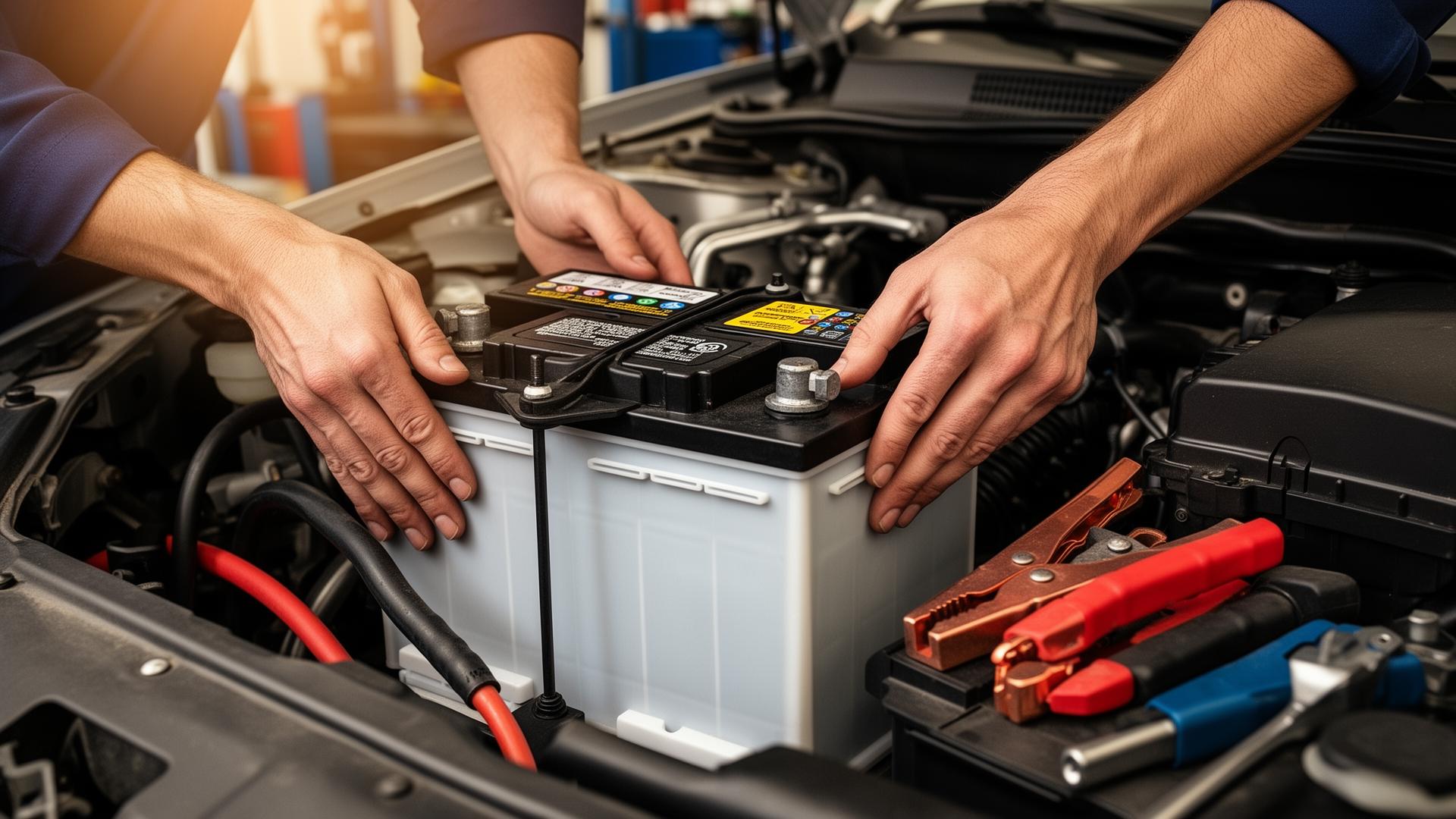
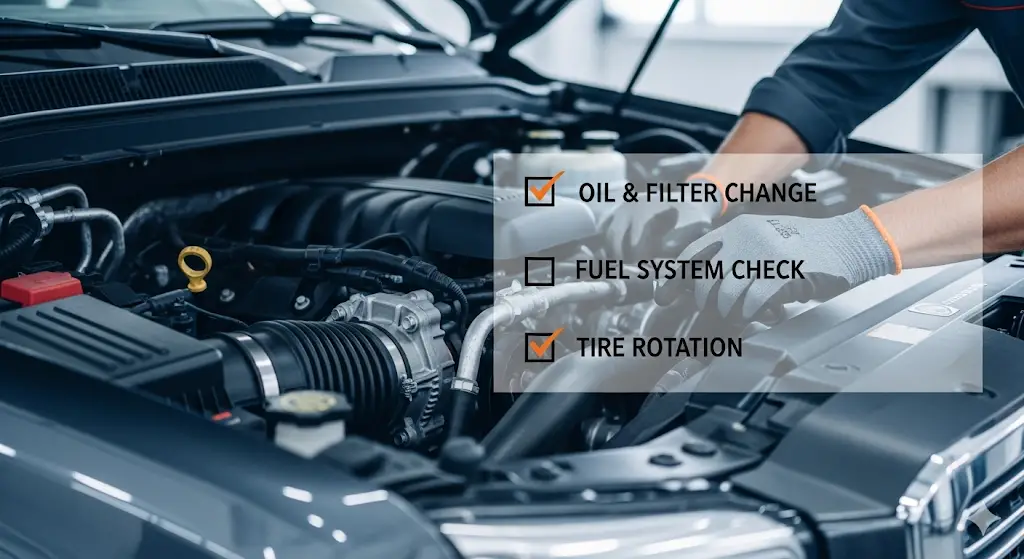
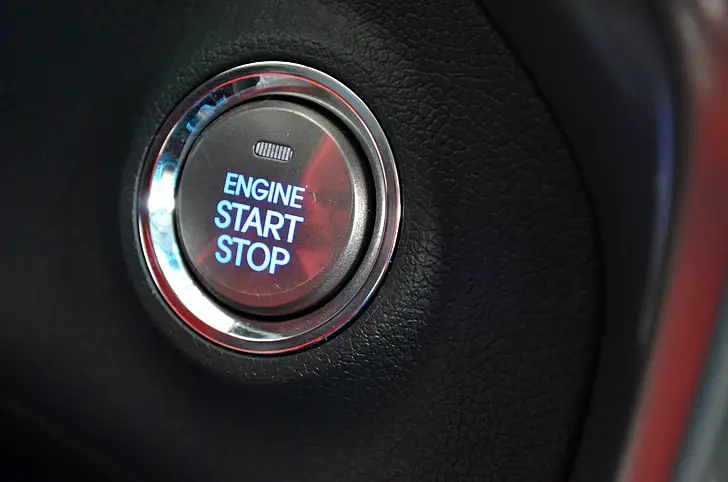
Leave a Reply